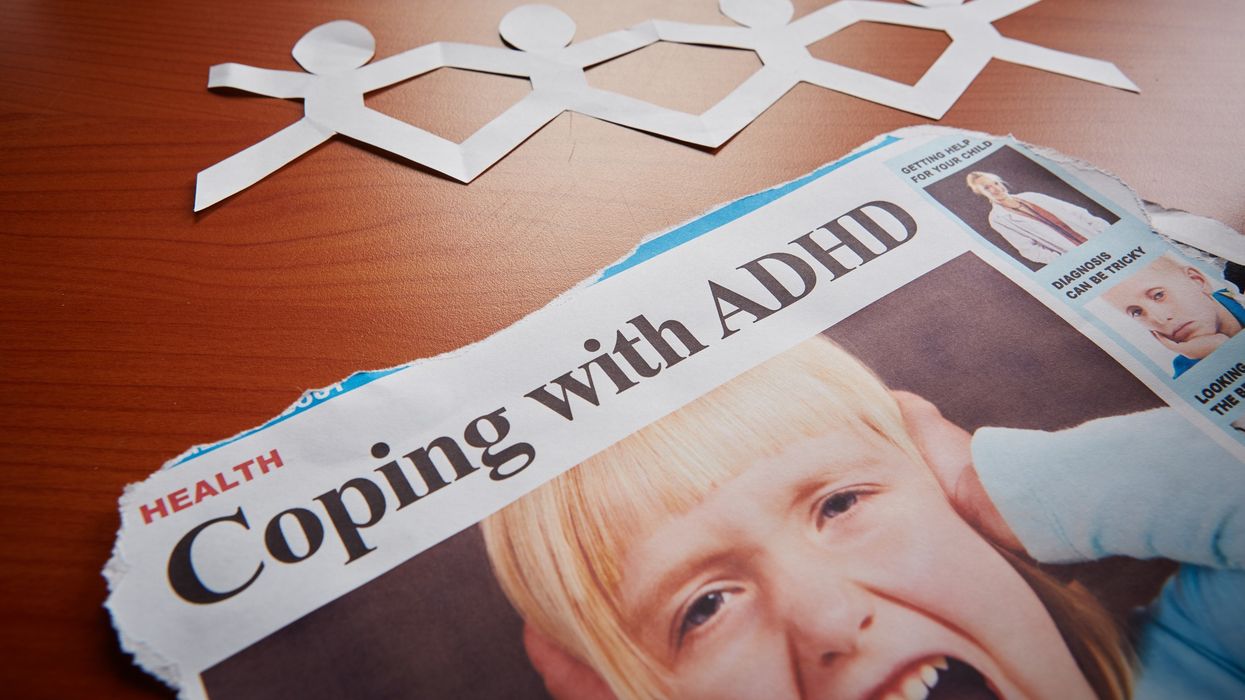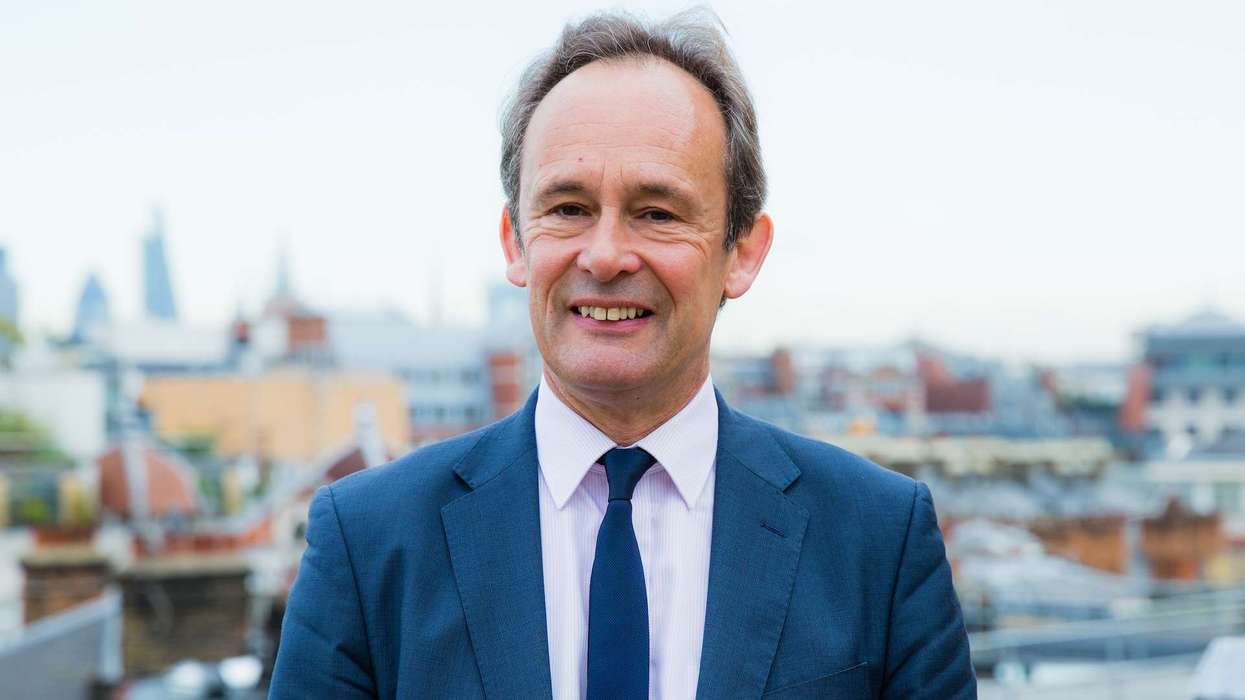AN independent taskforce on attention deficit hyperactivity disorder (ADHD) care has expressed concern over the long NHS waiting time and the growth of private providers that are not regulated, resulting in two-tier access to services.
The task force, chaired by professor Anita Thapar, was launched last year by NHS England, along with the government.
ADHD is a neurodevelopmental disorder with symptoms including impulsiveness, disorganisation and difficulty focusing.
The task force has called for timely recognition and early support for suspected ADHD cases, particularly in schools, to prevent future adverse impacts.
The report, citing recent data, claims that there is a high level of under-recognition and under-treatment of those diagnosed with ADHD, and minority groups face "significant inequalities" in access to care.
The report claimed the estimated economic costs of not treating ADHD are around £17 billion to the UK economy.
This could be in the form of lower tax contributions, receipt of more state benefits, long-term unemployment, and higher costs for health and social care.
English population data show that among young people who are not in education, employment, or training (NEET), 20–34 per cent are likely to have ADHD.
Many of these costs are avoidable, as with appropriate, early support, the task force observed.
The report pointed out that the inability to access NHS services has led to a significant growth in the use of unregulated private providers.
This has resulted in two-tier access to services, diagnosis, and treatment; one for those who can pay and another for those who cannot.
This drives health inequalities and links to disproportionate impacts and outcomes in the education and justice systems, employment, and health, the report noted.
It called upon the modernisation of NHS services, "as well as join-up with other sectors, as not all support needs to be provided by health care."
Professor Anita Thapar said the task force recommendations will require "action across government and cross-sector organisations to make the necessary changes to improve the lives of people with ADHD."
NHS England’s Medical Director for Mental Health and Neurodiversity Dr Adrian James said, “It is clear that much more needs to be done to improve ADHD assessment and care in England and ensure people can get a timely diagnosis, and we welcome the findings from the interim report, and look forward to its final conclusions later this year”.
He claimed that NHS England has rolled out some measures to improve ADHD care.
These include a data improvement plan and the first-ever publicly available reporting on ADHD referrals and waiting times, which began last month.
Over time, this will help local teams better understand how they are performing and where they need to improve care and patient experience, he said.
He said by March 2026, 6 in 10 pupils will have access to a mental health support team in school.
Teachers are being trained to better identify and support neurodiverse pupils and engage with their families, under the Partnership for Inclusion of Neurodiversity in Schools Programme, James added.












